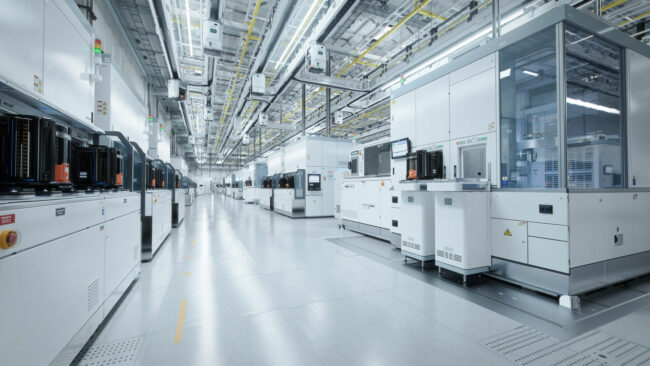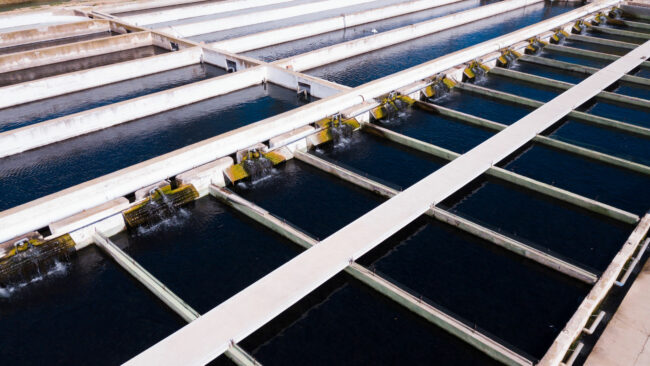Aquaristics
Heat exchangers in aquaristics Plastic heat exchangers are important components in marine aquariums and breeding stations for aquatic organisms. The corrosive nature of salt water requires corrosion-resistant materials, while sensitive organisms in nurseries and marine aquariums require a metal ion-free environment. Precise temperature control is essential for successful rearing, animal welfare and the existence of…










